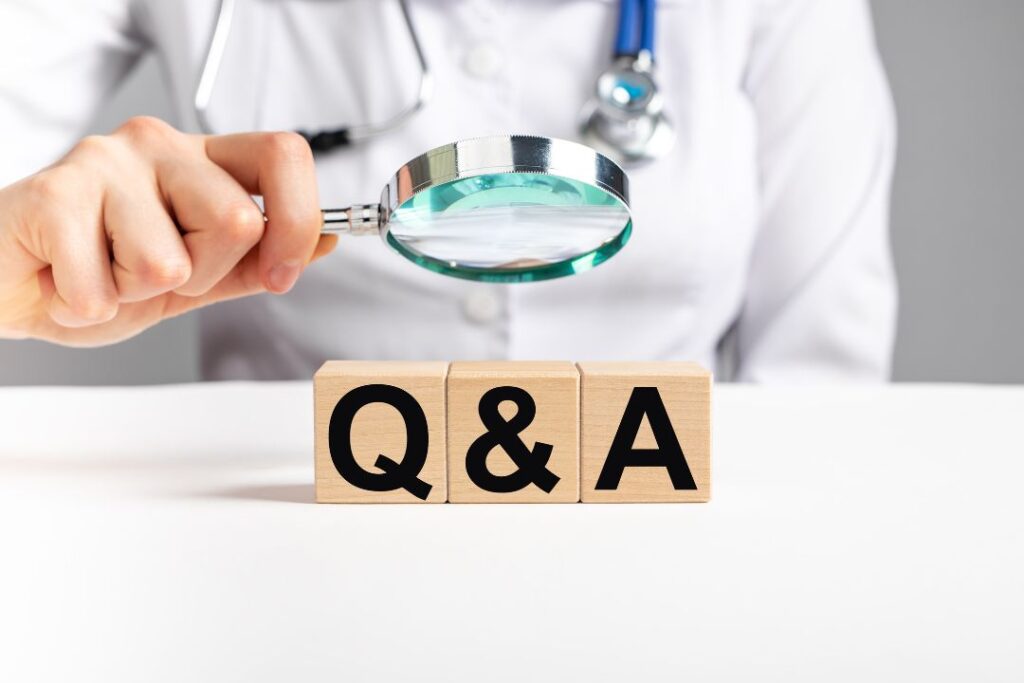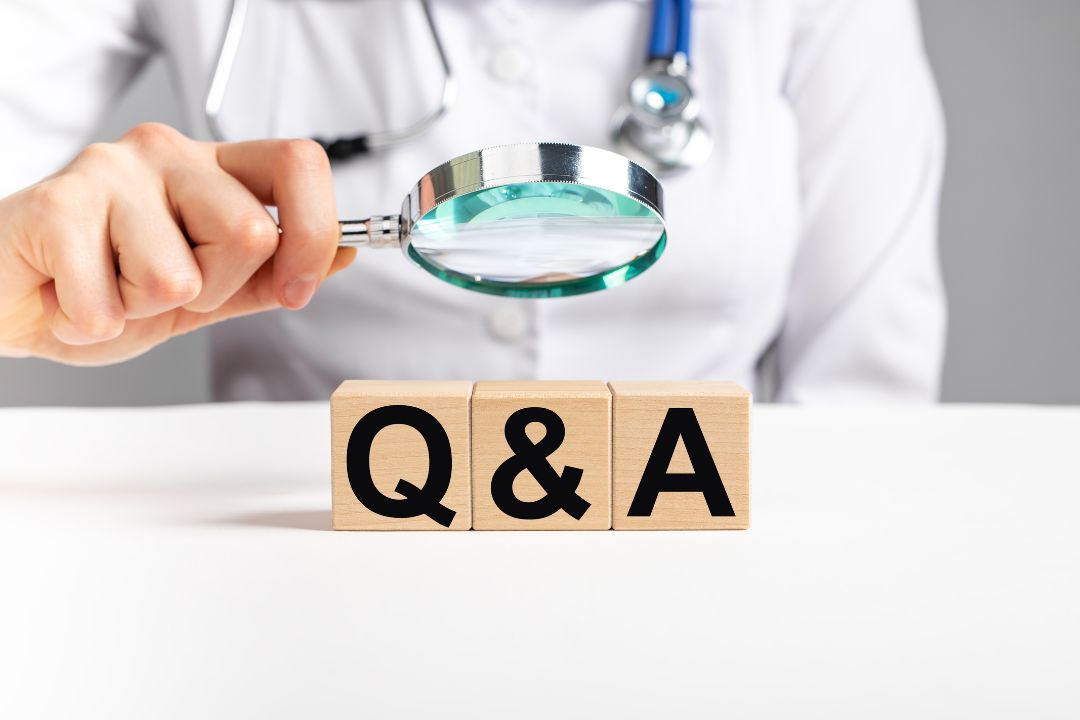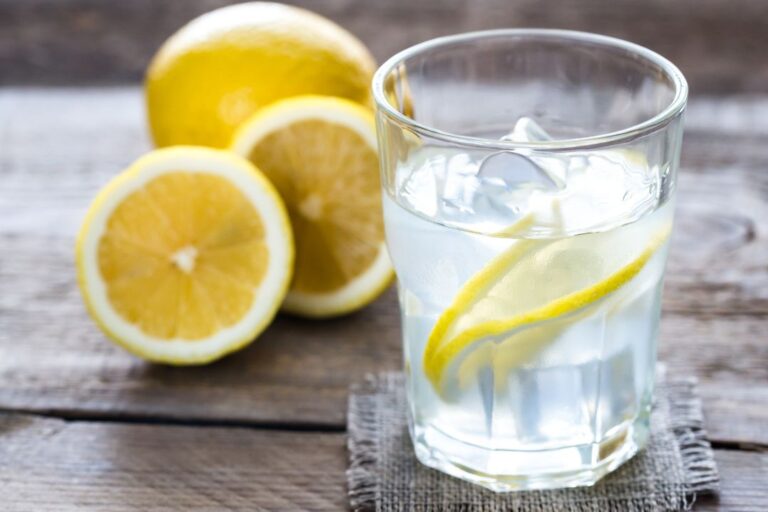Vein Health Questions: Expert Answers to Your Vein Health Queries
 Vein Health Questions: Expert Answers to Your Vein Health Queries
Vein Health Questions: Expert Answers to Your Vein Health Queries
Introduction
Understanding vein health is crucial for maintaining overall well-being. Many people have questions about how to prevent and manage vein-related issues, from varicose veins to deep vein thrombosis. This article delves into common ‘Vein Health Questions,’ providing expert insights and evidence-based answers to help guide you in maintaining optimal vein health.
Q1: What are the early signs of vein health issues?
A: Early signs can include visible changes like spider veins or varicose veins, feelings of heaviness or ache in the legs, swelling, particularly around the ankles and feet, and changes in skin color or texture around the veins.
Early Signs of Vein Health Issues
One of the most common questions concerns the early signs of vein health problems. Signs to watch for include:
- Visible Changes: The appearance of spider veins or varicose veins, which are small, damaged veins visible under the skin, often in a web-like or twisted pattern.
- Discomfort: Feelings of heaviness or aching in the legs, especially after standing for long periods.
- Swelling: Swelling in the legs, ankles, or feet can indicate poor circulation and vein health issues.
- Skin Changes: Changes in skin color or texture around the veins, such as darkening or hardening, can be a sign of advanced vein problems.
Q2: How can I prevent varicose veins?
A: Prevention strategies include maintaining a healthy weight, exercising regularly, avoiding prolonged periods of sitting or standing, elevating your legs when resting, and wearing compression stockings if you’re at high risk.
Preventing Varicose Veins
Preventing varicose veins involves several lifestyle modifications:
- Weight Management: Keeping a healthy weight reduces pressure on the legs and veins.
- Regular Exercise: Activities like walking, swimming, and cycling improve circulation and vein strength.
- Leg Elevation: Elevating your legs above heart level periodically can prevent blood from pooling in the lower limbs.
- Compression Stockings: For those at high risk, compression stockings can help by applying gentle pressure to the legs, aiding blood flow back to the heart.
Q3: Are varicose veins just a cosmetic issue?
A: While often seen as a cosmetic problem, varicose veins can also indicate underlying circulatory issues. In some cases, they may lead to discomfort, pain, and complications like ulcers or bleeding.
Varicose Veins: More Than Cosmetic
Varicose veins are often dismissed as a cosmetic issue, but they can be much more:
- Risk of Complications: In some cases, varicose veins can lead to pain, skin ulcers, and increase the risk of blood clots.
- Symptom of Underlying Issues: They can also be indicative of underlying circulatory problems that require medical attention.
Q4: Can diet and hydration affect vein health?
A: Yes, a balanced diet rich in antioxidants, fiber, and adequate hydration plays a vital role in maintaining healthy veins. They help in strengthening vein walls, improving blood flow, and reducing inflammation.
Diet, Hydration, and Vein Health
Diet and hydration play a significant role in vein health:
- Antioxidant-rich Foods: Foods high in antioxidants, like berries, nuts, and leafy greens, can strengthen veins and improve circulation.
- Hydration: Proper hydration helps maintain the viscosity of the blood, making it easier for veins to circulate it.
- Fiber: A diet high in fiber aids digestion and can help prevent increased pressure on leg veins.
Q5: When should I see a doctor about my vein health?
A: It’s advisable to consult a doctor if you notice any significant changes in your veins, experience pain or swelling, or if you have risk factors like a family history of vein disease.
When to Consult a Doctor
Knowing when to see a doctor is key to addressing vein health issues effectively:
- Significant Changes or Pain: If you notice substantial changes in your veins, experience swelling, redness, or warmth, or if you develop ulcers or sores near your veins, it’s time to see a doctor.
- Family History: Those with a family history of vein diseases should also consider regular check-ups.
Tips for Long-Term Vein Health Maintenance
To ensure long-term vein health, consider these additional tips:
- Avoid Long Periods of Sitting or Standing: If your lifestyle or job involves prolonged sitting or standing, take regular breaks to move around.
- Elevate Your Legs: When resting, elevate your legs above your heart level to improve circulation.
- Avoid Tight Clothing: Tight clothing, especially around the waist, hips, and legs, can restrict blood flow and exacerbate vein issues.
- Stay Hydrated, Especially in Hot Weather: High temperatures can dilate veins and lead to increased swelling, so extra hydration is crucial.
Navigating Treatment Options
If you do develop vein issues, there are several treatment options available, ranging from lifestyle changes and medications to minimally invasive procedures. Treatments like sclerotherapy, laser therapy, and endovenous thermal ablation are commonly used to treat varicose veins and other venous disorders. Discuss with your healthcare provider to determine the best treatment plan for your specific needs.
Conclusion
Vein health is an essential aspect of your overall well-being. Understanding the early signs of vein issues, taking steps to prevent them, and seeking professional advice when needed are crucial for maintaining healthy veins. Remember, proactive care and lifestyle adjustments play a significant role in vascular health. Stay informed, stay active, and don’t hesitate to consult healthcare professionals for personalized advice and treatment options.







